An Israel Merkava main battle tank fires during training
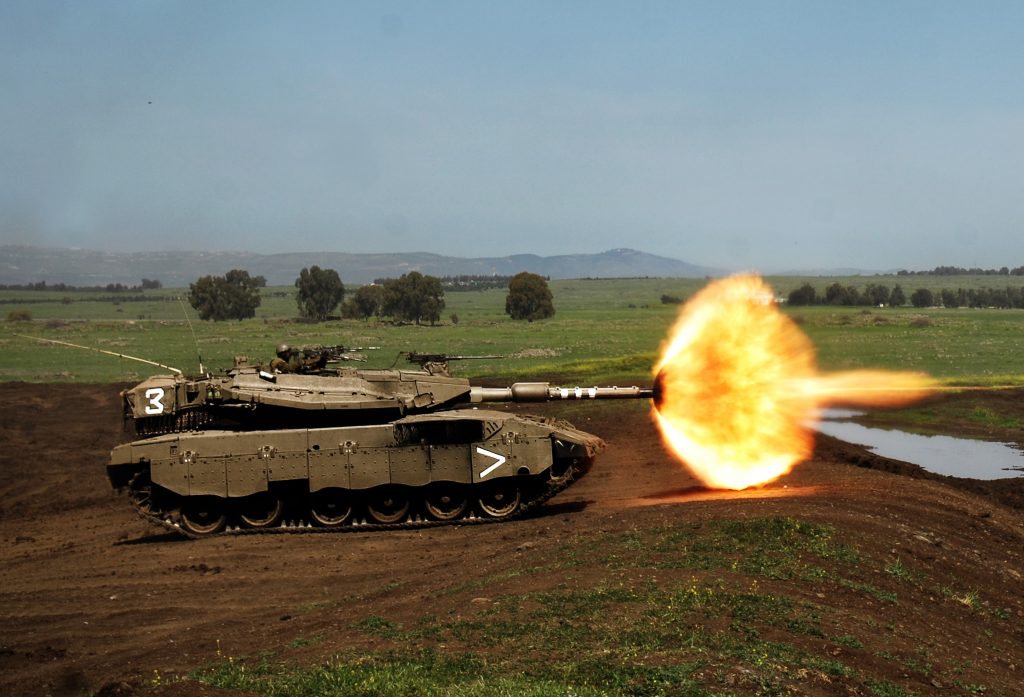 TEL AVIV: Years of fighting Iranian-backed adversaries in Syria, Lebanon, and Gaza has strained the vaunted Israeli Defense Force, even as neighboring nation-states modernize their regular militaries, often with Russian equipment. After months of intensifying debate over military readiness, the new IDF chief of staff, Lt. Gen. Aviv Kohavi, has proposed 10 billion shekels (about $2.76 billion US) in high-priority improvements. And that’s just part of recently reelected Prime Minister Benjamin Netanyahu’s push for long-term increases in defense spending.
TEL AVIV: Years of fighting Iranian-backed adversaries in Syria, Lebanon, and Gaza has strained the vaunted Israeli Defense Force, even as neighboring nation-states modernize their regular militaries, often with Russian equipment. After months of intensifying debate over military readiness, the new IDF chief of staff, Lt. Gen. Aviv Kohavi, has proposed 10 billion shekels (about $2.76 billion US) in high-priority improvements. And that’s just part of recently reelected Prime Minister Benjamin Netanyahu’s push for long-term increases in defense spending.
Then-Maj. Gen. Aviv Kochavi, later promoted to Lt. Gen. and IDF Chief of Staff, briefs US Gen. Joseph Dunford.
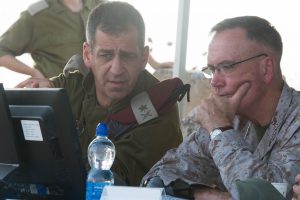 “The impact of the significant costs of the war-between-wars on the IDF budget and the gaps for optimal IDF readiness were presented and reported to the relevant authorities,” an IDF spokesperson told The Jerusalem Post. The “war between wars” is Israeli national security jargon for the clandestine air raids, missile defense engagements, border skirmishes, and more that have kept the IDF on edge since its last overt conventional operations in Lebanon (2006) and Gaza (2008-2009). The IDF dilemma is similar, albeit on a much smaller scale, to how the US military is now struggling to reorient from 18 years of irregular warfare in Afghanistan and Iraq to a potential large-scale multi-domain war with Russia or China.
“The impact of the significant costs of the war-between-wars on the IDF budget and the gaps for optimal IDF readiness were presented and reported to the relevant authorities,” an IDF spokesperson told The Jerusalem Post. The “war between wars” is Israeli national security jargon for the clandestine air raids, missile defense engagements, border skirmishes, and more that have kept the IDF on edge since its last overt conventional operations in Lebanon (2006) and Gaza (2008-2009). The IDF dilemma is similar, albeit on a much smaller scale, to how the US military is now struggling to reorient from 18 years of irregular warfare in Afghanistan and Iraq to a potential large-scale multi-domain war with Russia or China.
Kohavi’s “readiness and change” plan aims to modernize the Israeli military with new combined-arms units, improved air-ground cooperation, improved intelligence and targeting, and a new digital command-and-control network. It also aims to shore up IDF fundamentals that have frayed over the years.
IDF soldiers rest while on an exercise.
Throwing Bricks
The Israeli readiness debate erupted last year with the partial release of a report by reserve Maj. Gen. Yitzhak Brick, then the IDF ombudsman. Brick even went on Israeli radio to blast the impact of “Gideon plan” cuts to IDF manpower:
“The IDF is undergoing a process of deterioration that has reached its peak in recent years,” Brick warned. “In the past three years, a lethal encounter between drastic, unregulated and sometimes irresponsible cuts of thousands of career soldiers and… the shortening of [mandatory] male service has created complete incompatibility and critical gaps.”
IDF investments in airpower, intelligence, and cyber warfare would not be enough to protect Israeli territory from missile attack, Brick warned, so the IDF needed to regain its capability for ground maneuver deep into hostile territory.
“I know the army on the ground more than anyone in the IDF,” Brick said, having visited more than 1,400 units and spoken with tens of thousands of commanders and soldiers. “I found very serious problems in logistic, technological and operational systems, and I brought this to the attention of the army. The army dealt with the [specific] problems I pointed out, but the main problem is the organizational culture.
“I have seen soldiers who do not take care of their weapons before leaving the base. No army in the world behaves in such a way,” Brick went on. “Soldiers carry their smartphones everywhere. Orders are sent through WhatsApp groups. Those phones are pinpointed by the enemy.” (The US has had its own problems with fitness apps pinpointing the exact locations of troops on secret bases in Syria).
“This system has lost all control. Have we gone crazy?” Brick said. “I do not sleep at night. Our Ground Forces and Armored Corps are not ready for war.”
Israeli Prime Minister, Benjamin Netanyahu inspects a visiting US Army THAAD battery
IDF Admissions
In response to Brick’s blistering critique, the IDF appointed an investigative committee led by IDF comptroller Brig. Gen. Ilan Harari. (Brick had called for an external commission). Harari concluded the IDF had made major improvements in recent years and said “we declare the ground forces ready and prepared for war.”
But the Harari commission also noted significant shortfalls:
delays in upgrading command and control for reserve regiments;
delays in procuring advanced tanks and infantry carriers;
shortages of supply trucks to carry everything from munitions to armored vehicles;
shortages of important munitions (a problem the US and European nations have also struggled with);
unfilled billets in combat support units, both regular and reservist;
lags in reserve unit mobilization;
unrealistic training environments; and
insufficient dialogue between commanders and junior officers.
One of the Harari commission’s senior members, reserve Maj. Gen. Avi Mizrahi, argued that the successes of the Iron Dome missile defense system had led Israeli leaders to imagine they could win future wars without offensive action on the ground, when in fact — as Brick had warned — ground maneuver would be essential in any future conflict in Lebanon.
To fix all these problems, the Harari commission recommended an increase of about $2 billion a year over previous defense spending plans.
So what’s the difference between Brick’s blistering report and the Harari commission’s more tempered findings? The difference was “not over Brick’s findings per se, but rather, over their interpretations and emphases,” wrote two senior researchers at Israel’s Institute for National Security Studies (INSS), Shmuel Even and Sason Hadad. While Brick compared IDF shortfalls to an idealized standard of military professionalism, the Harari committee scored the service on the specific criteria in actual, funded plans.
“Brick focused on what in his professional assessment was a gap between the real and the ideal, while the committee found that the military was ready for war in accordance with the graduated professional criteria defined by the Chief of Staff under the multi-year Gideon Plan,” Even and Hadad wrote. “In other words, some of the shortfalls, which stemmed from a reasonable decision over priorities within the reality of the IDF’s budgetary constraints, were viewed by Brick as grave flaws.”
Further, Harari pointed out some real improvements: “more extensive force training and equipment with additional advanced main battle tanks, heavy APCs, and the Trophy active defense system for armored vehicle,” as well as significant reforms of organization, Even and Hadad said.
Trophy Active Protection System components on an Israeli Merkava main battle tank.
In an interview with Breaking Defense, we heard a similar glass-half-full assessment from retired Maj. Gen. Giora Eiland, who in his long career has headed Israel’s National Security Council, the IDF paratroop & infantry corps, and the IDF operations section.
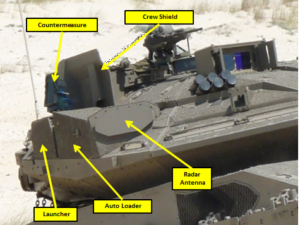 Every military struggles with the classic dilemma of how to allocate limited resources against multiple threats, Eiland argued, and no force can be always 100 percent ready for everything. Years of fighting so-called low-intensity conflicts, he said, reduced the army’s willingness to take risks and go on the offensive in larger wars.
Every military struggles with the classic dilemma of how to allocate limited resources against multiple threats, Eiland argued, and no force can be always 100 percent ready for everything. Years of fighting so-called low-intensity conflicts, he said, reduced the army’s willingness to take risks and go on the offensive in larger wars.
“In 2003, we in the IDF high command, when preparing the multiyear program, did not take into account the second Lebanon war that erupted three years later,” Eiland acknowledged. “The plan gave low priority to the operational readiness. But at the same time, we [started] high priority, long processes like cyber [modernization] that give their fruits now.”
“Brick looked especially at the army,” Eiland noted, not the whole of the IDF. “I think that some of his conclusions are not as bad as they may look.”
Sydney contributed to this story from Washington.
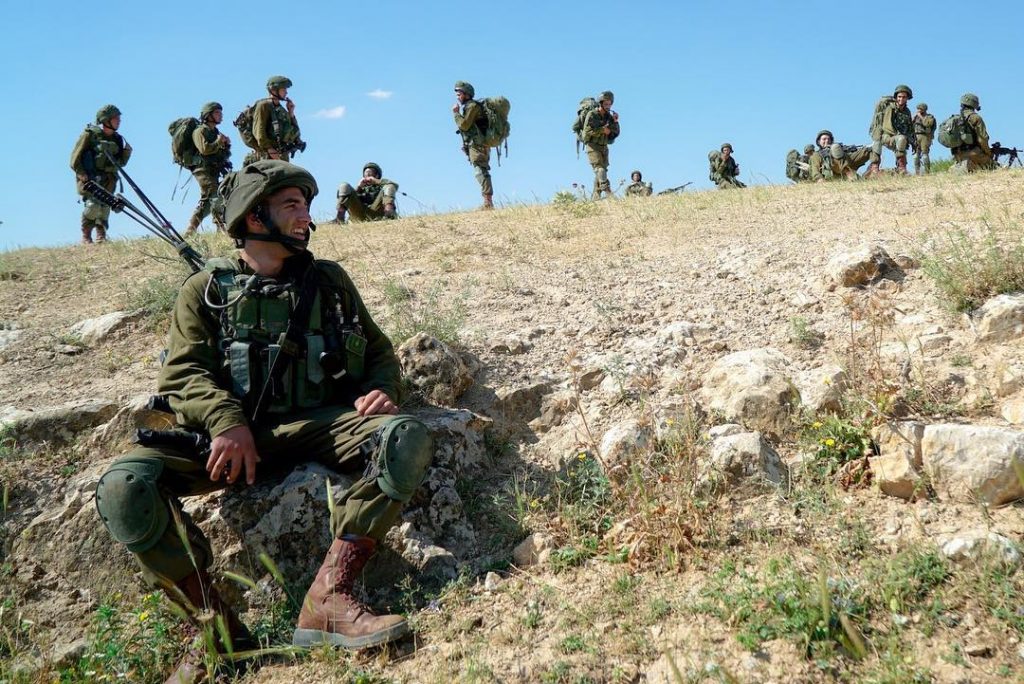
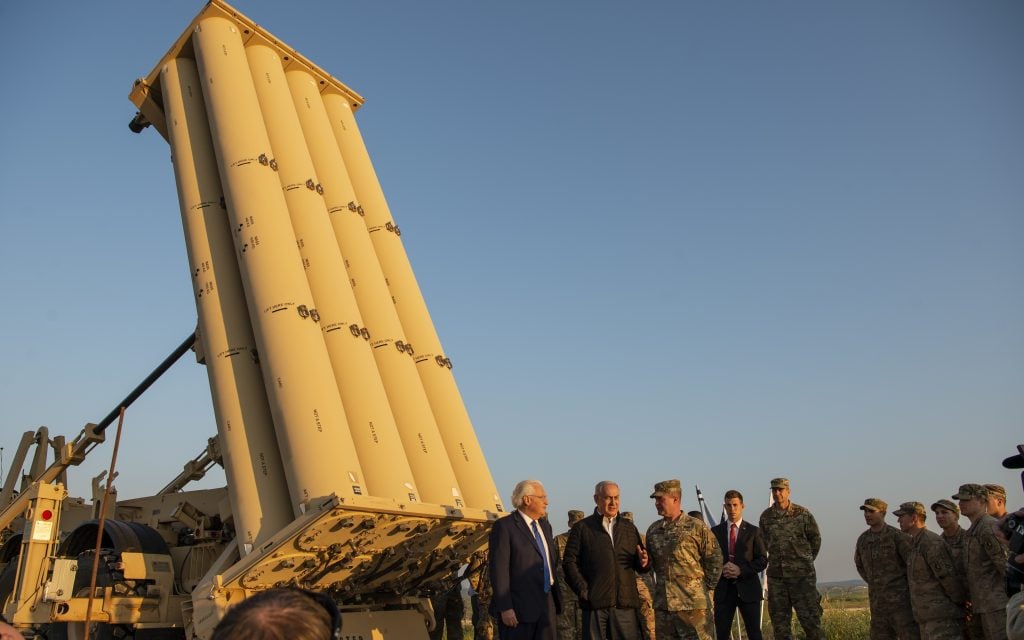
No comments:
Post a Comment